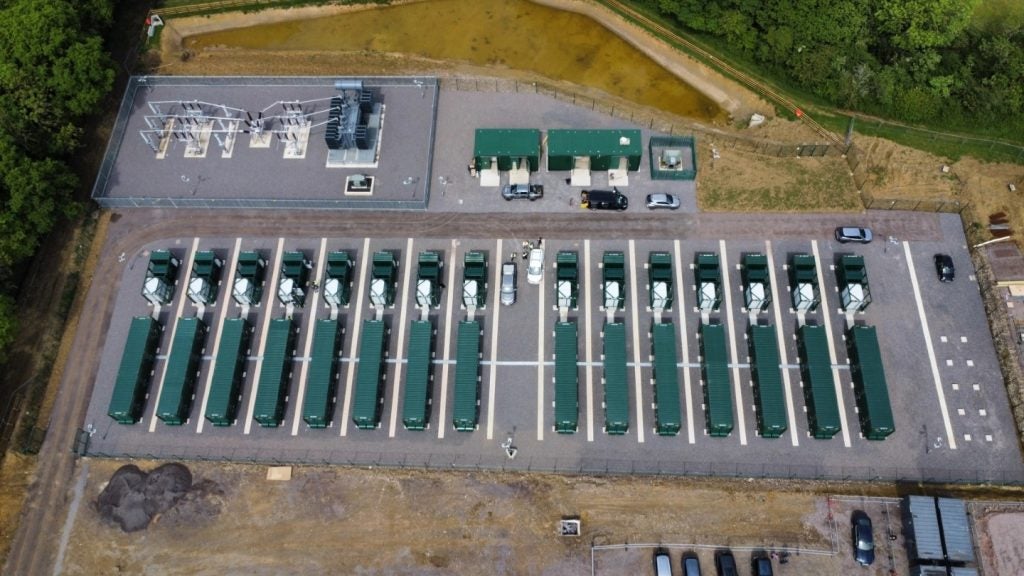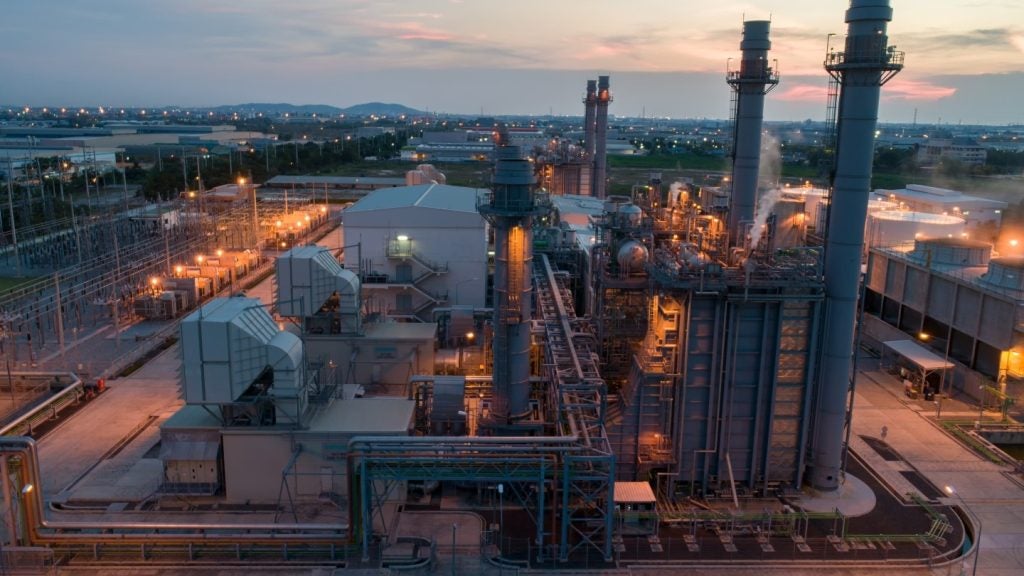UK energy bill payers may have to foot the £6bn ($7.34bn) cost of bailing out suppliers that went bust during the energy crisis.
The collapse of Bulb Energy in November 2021 cost the government £3bn to protect the 1.5 million households affected. Part of this involved placing Bulb in a Special Administration Regime (SAR) while it restructured and the government paid consultancy Teneo £49.9m to advise on the process. The PAC issued a “sobering reminder” that the government has no guarantee that it will be able to recover these sums.
At a time when households “can ill afford such uncertainty”, an extra £2.7bn could be added on to home bills as a result of the energy crisis, in addition to the cost of bailing out 29 suppliers that collapsed between July 2021 and May last year.
Although the PAC expects the majority of the cost of bailing out Bulb Energy to be covered by Octopus Energy, which agreed to pay £2.96bn for the company by September 2025, the committee still warned that bill payers may have to cover a £246m shortfall. This is in the case that Octopus is unable to meet its commitment.
Dame Meg Hellier, the chair of the committee, said: “Our report is a sobering reminder that we are still living with the fallout of the failure of so many energy supplies in 2021–22. While the government and regulators did the right thing in moving swiftly to protect consumers, the uncomfortable truth remains that the recovery of that investment hangs on the commercial success of one company. The public can ill afford such uncertainty, particularly in challenging economic times.”
The PAC noted that wholesale energy prices have increased from £1,200 per year for a typical household in 2021 to £3,300 as of May 2023. Around 76% of vouchers issued to households to support them with energy bills have been redeemed, meaning a significant proportion of households have not accessed the funding support. The report recommended that the government reviews the effectiveness of a range of support mechanisms.















